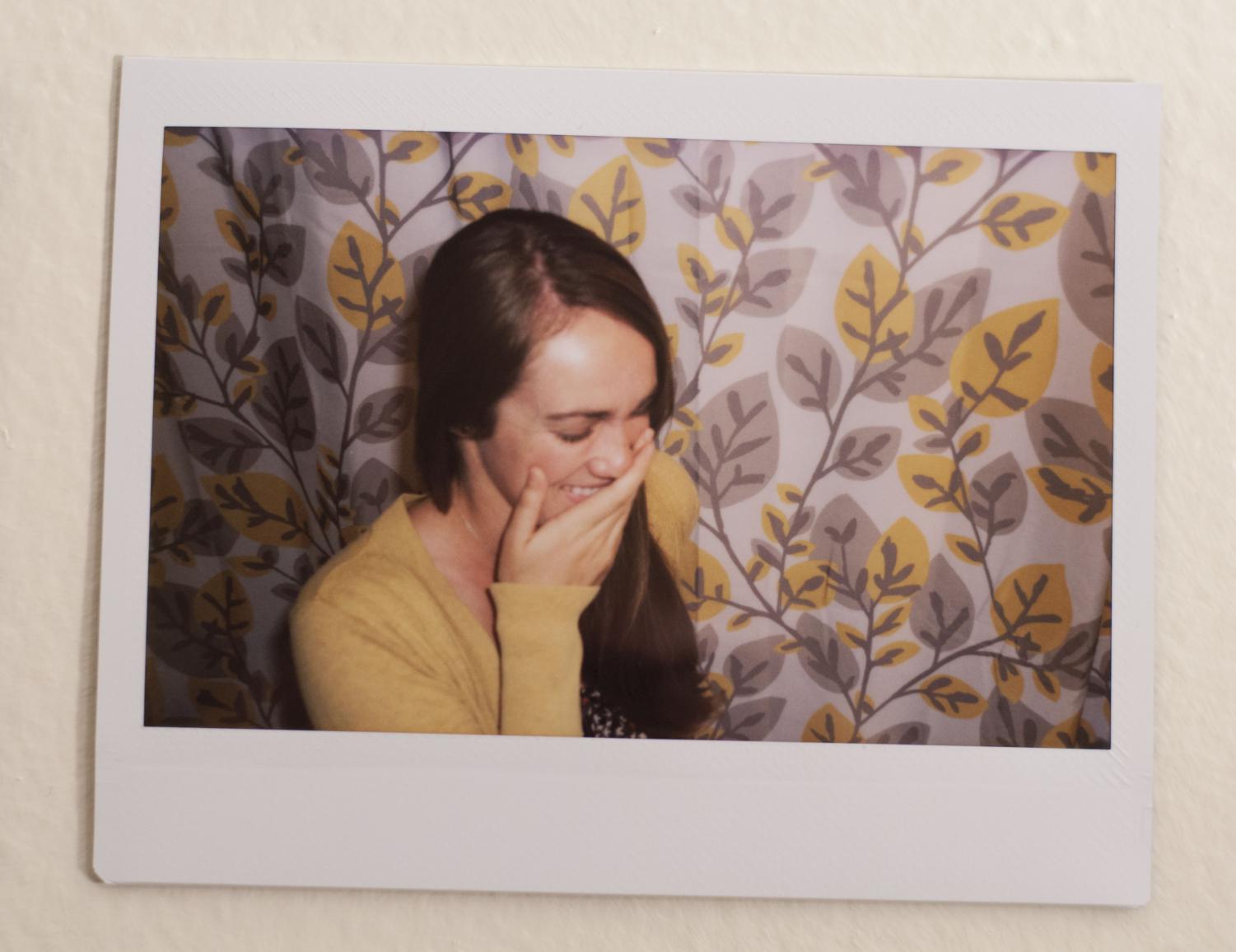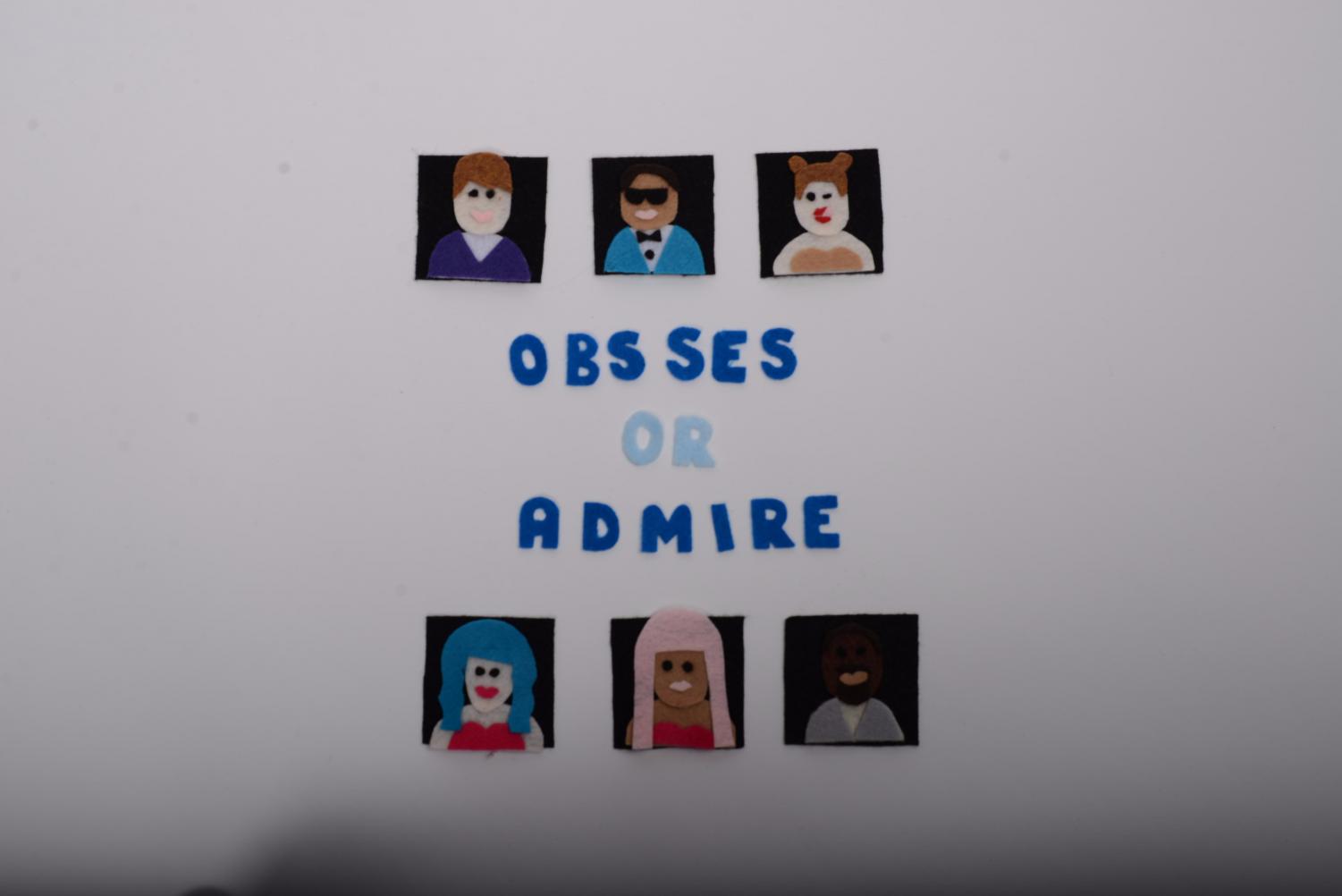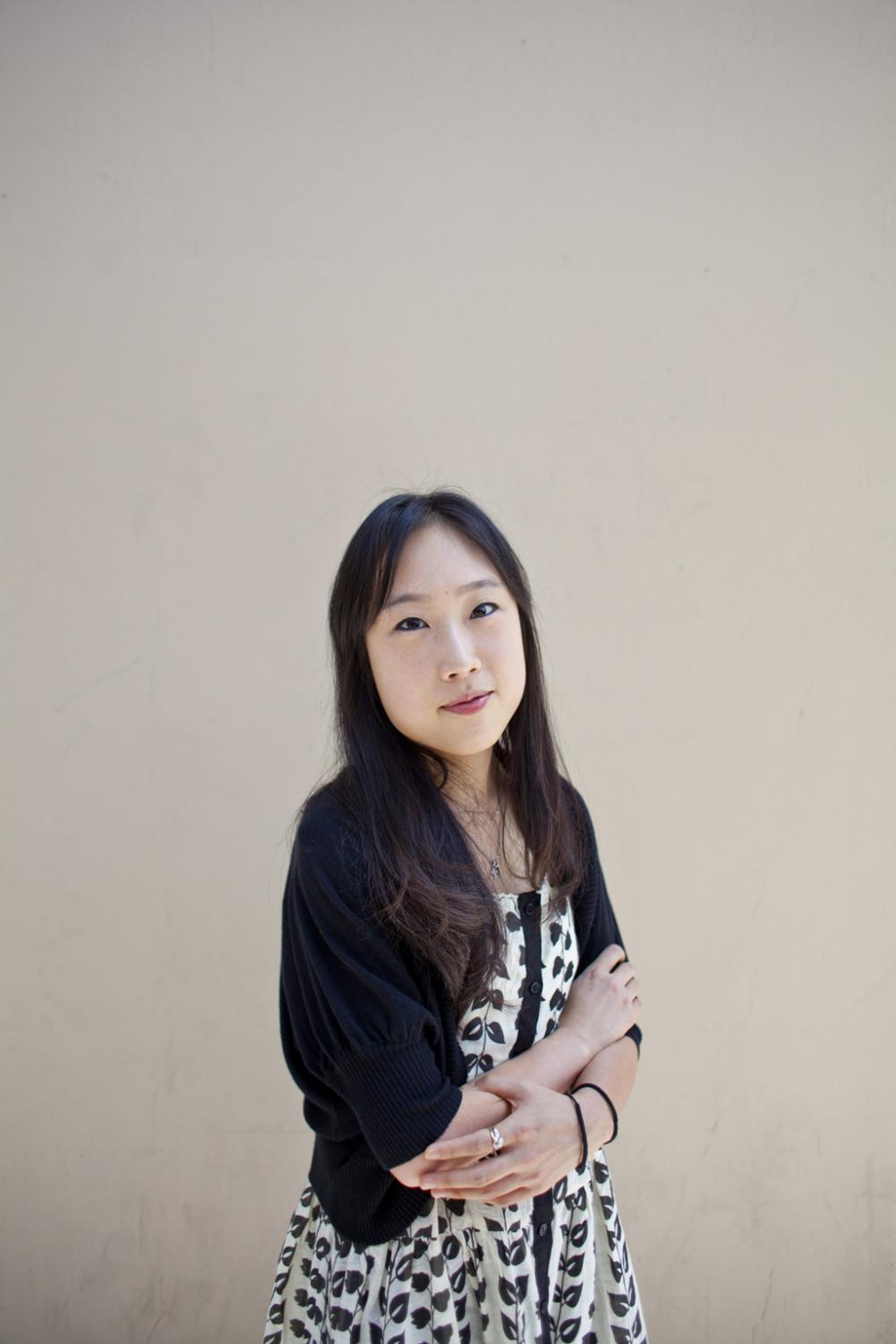Photography by Meagan Garton
Written by Thomas Harlander
The night air is warm and the sand is cool. As we walk to the shoreline, the first wave builds, peaks, tips and crashes. And it lights up blue-green. Bioluminescent algae cause the effect, but in the moment that seems irrelevant.
We enter the water, the surface of the ocean stretching away until it falls over the horizon, dropping off into starry space. A dark swell eases toward us, rising. Then it caves over itself and bursts into a neon avalanche of froth, enveloping my field of vision as it rushes over me.
Looking down, we find that our bodies glow as we move, the water coming to life around us. I swim. Spheres of light sit in my hands, and my legs are ghostly luminous. When we stand in shallow water, specks of subtle brilliance sparkle in droplets over our skin. Now and again, little fish are startled from their resting places. They shoot away in slippery ribbons of light, like tiny underwater fireworks. Another wave crumbles electric green and the planet breathes. Its surface is liquid and alive — lifting, plunging, spilling onto shore in serene strips of luminance.
Awareness
It was a marvelous experience, but it seemed disingenuous because I was not fully present in the moment. I was storing up mental images, thinking about how I would share them with my family and friends. In those thoughts, a part of me was absent. I was deliberately trying to experience the moment in a way that was most capturable.
When we encounter beauty or fun or joy in life, an odd tension often arises between living in the moment and stepping outside the moment as self-spectators bent on capturing a sensation. This tendency seems to have been intensified by the progress of technology in recent years. We have a plethora of mediums through which we store and share photos, videos and written words.
There is something to be said for giving in to a lower level of awareness — the experiential rather than the analytical. Sleep only happens when you forget yourself. Perhaps waking life is the same. Is life most lush when we transcend our own self-commentary and savor the stream of experience as it rushes over us? As we raise our phones to record a concert or photograph ourselves at a celebration, are we missing the power of every sensation that moment has to offer?
Perspective
Biola art professor Jonathan Anderson elaborates on the idea that our modes of capturing the moment impact the way we live.
“I think we all have certain frameworks that we are looking through at the world around us,” Anderson says, “and those frameworks help us to see certain things and look for certain things.”
He explains that a sociologist inevitably sees the world differently than a fashion designer. In the same way, a camera phone user may tend to see the world in terms of snapshots. By holding a capturing mindset, we enable ourselves to see the world from a unique angle and are sensitized to particular aspects of reality. Simultaneously, however, we limit our perspective of the world.
“It gets us experiencing the world for the sake of capturing it in very specific ways…Am I starting to experience the world in 140 characters or less? Am I starting to experience the world in terms of poses and gestures and rectangular frames?” says Anderson.
The methods we use to record experiences — be they videography, photography or writing — and the methods by which we store and share those recordings necessarily affect the way we are in the world. Biola philosophy professor David Turner delves into this notion, bringing the ideas of sociologist Neil Postman to the table. Postman, Turner explains, took the old adage, “to a person with a hammer, everything is a nail,” and restated it as, “to a person with a camera, everything is an image.”
“Technology does kind of prejudice us to favor certain perspectives … and [Postman] even says it causes us to regard or disregard certain emotional and intellectual tendencies,” Turner says.
Memory
One way our capturing tendencies alter our engagement with the world is by affecting our memory of experience. Recorded experiences are an integral part of human life and a beautiful thing. Quite often, visual art, writing and even music capture a moment in some regard, lending permanence to sensation and solidity to memory. Yet, similarly to the way they affect our experience of the world, capturing methods simultaneously enhance and limit our memories.
“In one way, the photograph tunes me to something and gives me the ability to stretch that experience out over time…On the other hand, it therefore limits the way that I’m remembering. I don’t know how to resolve that,” says Anderson.
When we choose an angle from which to take a snapshot, or when we choose particular words to write about an experience, we determine the way we will remember that experience. This calls for a devotion to truthfulness in the way we record.
Imposed Significance
Truthfulness is important in light of the selective nature of recording, especially when we are able to edit our recordings after the fact. It seems that we sometimes, in the aesthetic choices we make in our recording, impose what we want the moment to be about onto the actuality of the moment. Are we attempting to capture something that is not truly there?
Junior sociology major Robyn Nakamura shares her observation that we tend to select specific photos for presentation in order to make a desired impression.
“It’s like, you definitely want to post the [photo] that is the coolest or makes it look like your experience was that much cooler,” Nakamura says. “I don’t know where that comes from. Maybe, like, an insecurity of just living in the present.”
We make selections in the way we present our recorded lives — selections that cast our lives in a very specific light.
“Even with the technology we have today, with the filters and the number of things we can manipulate in the image after the fact to suit our needs — that kind of reveals in itself that we have an attitude for wanting to impose our wants and needs out of reality and then shape it accordingly,” Turner says.
There is nothing wrong with using capturing devices to explore the subjectivity of experience and to share a perspective of the world. Turner explains, however, that caution is in order when we are being untrue to reality. When we project our unfulfilled desires onto the world in our recordings, it directly impacts our memories of events. The tendency may not be directly harmful, but it calls for self-evaluation and awareness of our motives.
Presentation
It is also important to be aware that our primary modes of recording are rarely exclusively personal — most are tied to the Internet and, through a variety of social media platforms, are available to at least a limited public. We have an audience to whom we present our snapshots of reality.
Turner describes the creative process of capturing for presentation’s sake as “building and offering.” The photographer, in particular, is equipped to “build” a particular perspective and then “offer” that perspective to others. While this sharing orientation is to be praised, it can prevent a receptive attitude.
“I’ve noticed that people who try to be in the moment, their attitude is not so much one of building and constructing as one of receptivity… and they try to receive what the moment has for them,” Turner says.
A presentation mindset and a receptive mindset are not exclusive, but if we find ourselves primarily focused on building and offering, our outlook may need reevaluation. Perhaps capturing is best if it follows on the heels of gratitude for the experiences we are given.
Life Unhindered
The ultimate hinderance to appreciation of the world around us involves not just the way we capture, but the capturing attitude itself. The inclination to capture does more than tune us to see the world in a particular way — it invites us to step back and become observers, evaluators and purveyors of our own experience. As a result, we become focused on something other than the moment at hand.
At some point, perhaps we have to let go and live. Author Annie Dillard writes in “Pilgrim at Tinker Creek” that, “Consciousness itself does not hinder living in the present. In fact, it is only to a heightened awareness that the great door of the present opens at all… Self-consciousness, however, does hinder the experience of the present. It is the one instrument that unplugs all the rest.”
While capturing can orient us to be conscious of the world around us, quite often it makes us self-conscious. Certainly, capturing tunes our minds to see more broadly and savor more deeply, but we must also not be afraid to simply be — to enjoy and be grateful for what we have right here, right now.




